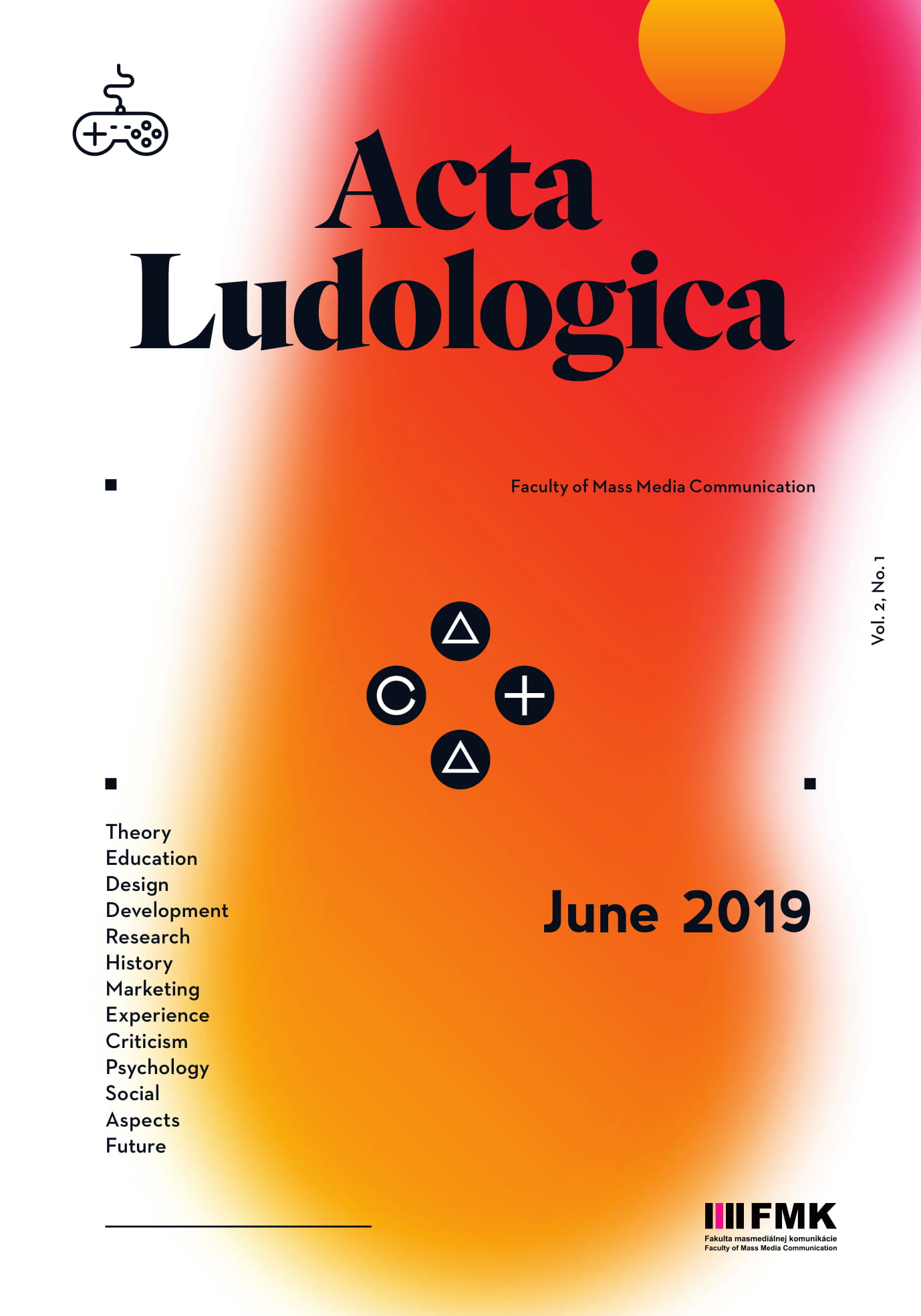Impairment or Empowerment: Game Design to Reduce Social Stigma for Children with Physical Disabilities
Impairment or Empowerment: Game Design to Reduce Social Stigma for Children with Physical Disabilities
Author(s): Dov Jacobson, Marianne Hardart, Jesse Jacobson, Elizabeth Fanning, Nancy KechnerSubject(s): Social Sciences, Education, Psychology, Media studies, Communication studies, Sociology, Theory of Communication, School education, Adult Education, Educational Psychology, Social psychology and group interaction, Applied Sociology, Social Theory
Published by: Univerzita sv. Cyrila a Metoda v Trnave, Fakulta masmediálnej komunikácie
Keywords: ATPD; game-based learning; linguistic bias; physical disabilities; serious game; social rehabilitation;
Summary/Abstract: Digital games can address social problems, such as the integration of marginalized persons into the community at large. For example, six children in a thousand live with an ambulatory disability. Communities must learn to accept children in wheelchairs. This social rehabilitation is problematic. It requires that hostile social environments, particularly the classroom, become more supportive. Issue awareness among classmates without disabilities can be improved by education-based interventions but such interventions rarely change behaviour. Interactive personal contact between able children and disabled role models has been shown to be effective but it cannot be readily scaled. Digital games offer an appealing intervention vector, easily scalable and highly interactive. This pilot study investigates game design that may promote social esteem.
Journal: Acta Ludologica
- Issue Year: 2/2019
- Issue No: 1
- Page Range: 26-41
- Page Count: 16
- Language: English

